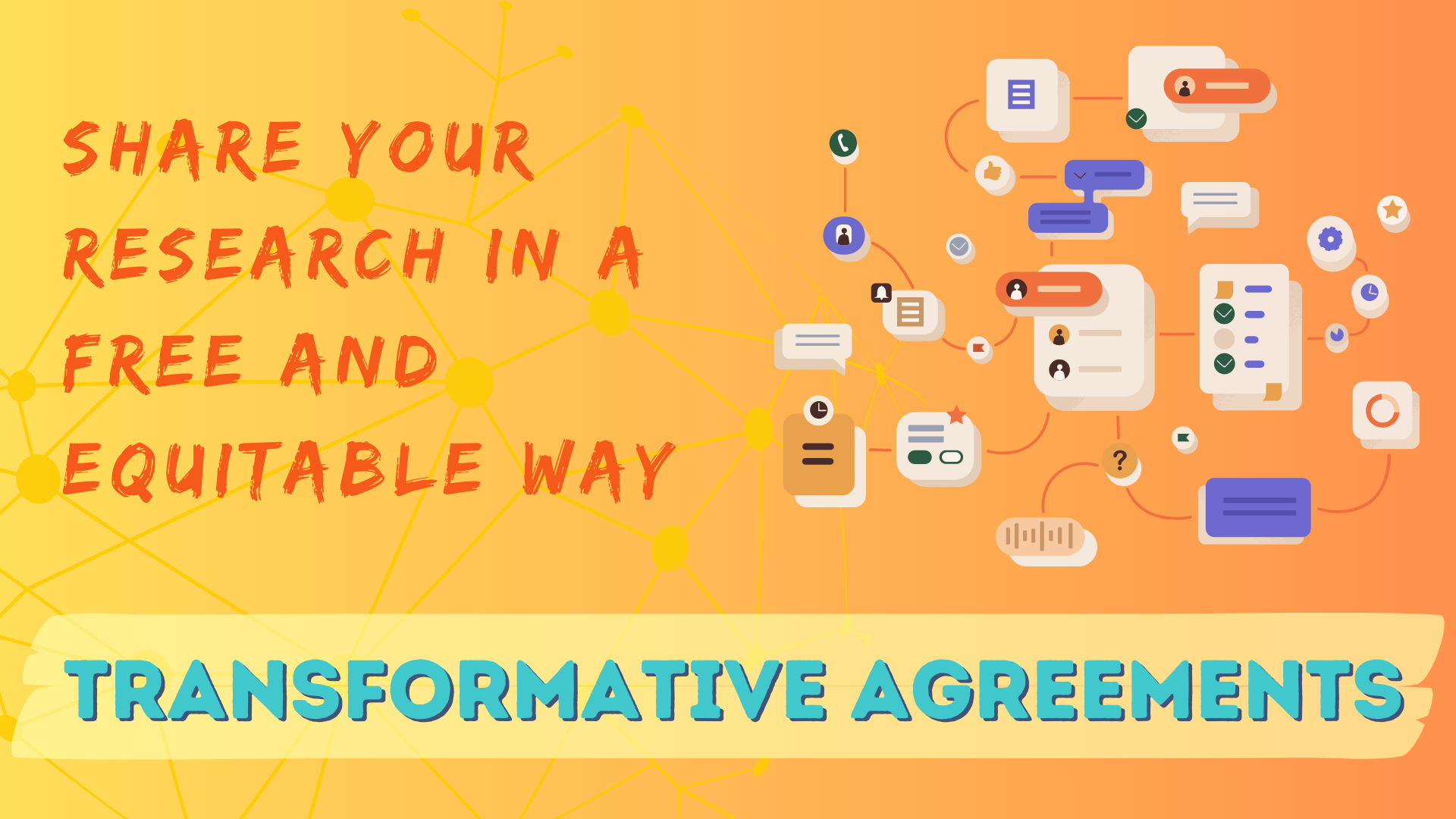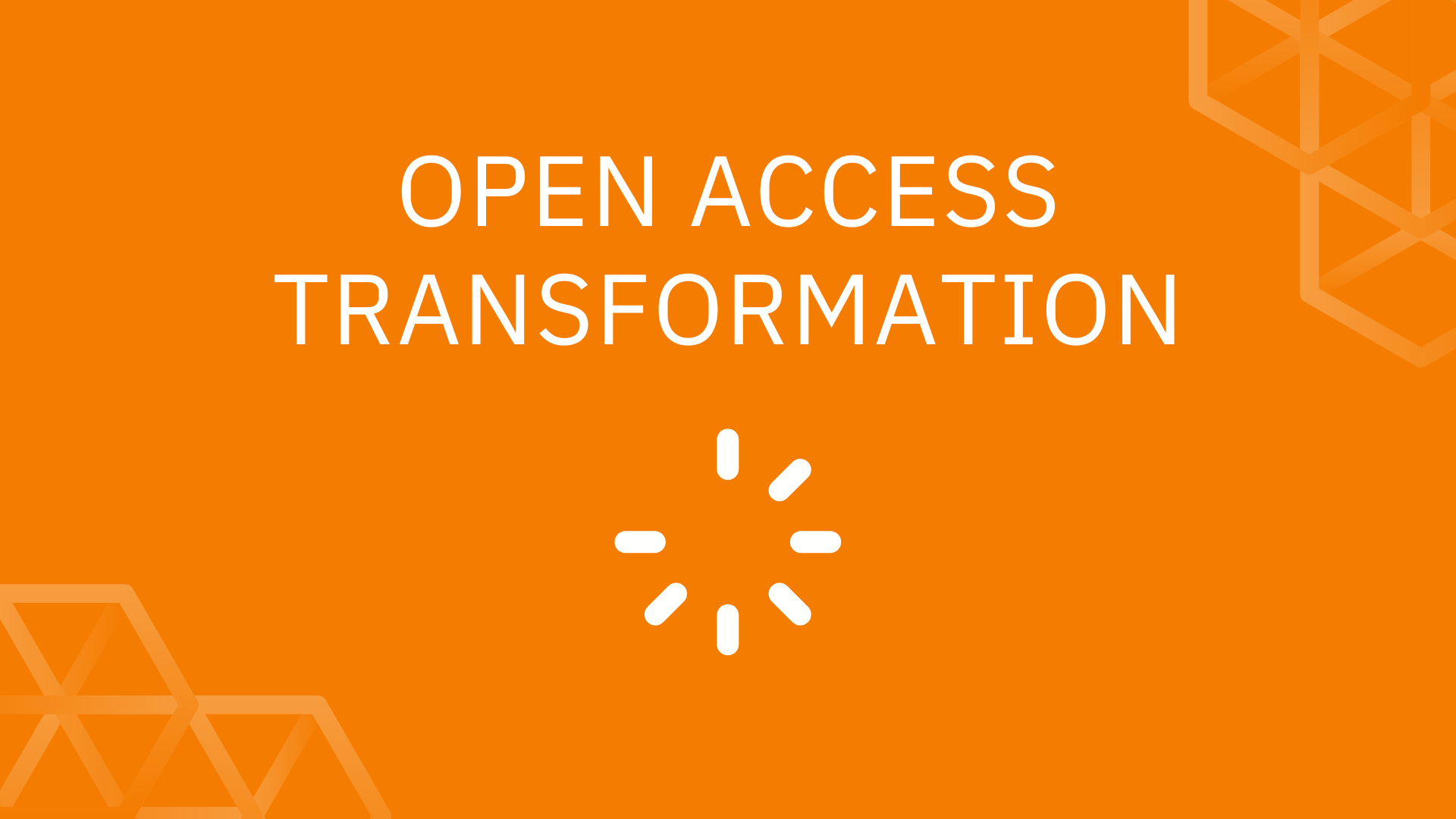
Breaking Down Barriers: Transformative Agreements Bringing Open Access to Research
Transformative agreement
A transformative agreement is a type of open access publishing agreement that seeks to transform the traditional subscription-based model of scholarly publishing into a more sustainable and equitable system. This new model includes two main components: “Read” and “Publish”. “Read” refers to the subscription fees to access journal articles published behind a paywall, and “Publish” refers to the costs of open access publishing of articles (APC, Article Processing Charges). These agreements typically involve a shift from “paying to read” to “paying to publish”. They play a part in the open science movement which aims to make knowledge equitable, inclusive and sustainable.

[Image curtesy of いらすとや]
Transformative agreement at HKU
In 2023, the University of Hong Kong (HKU) Libraries has entered transformative agreements with seven publishers, including:
- Cambridge University Press
- Cold Spring Harbor Laboratory Press
- IOP (Institute of Physics)
- Karger
- Microbiology Society
- Portland Press
- Wiley
Eligible HKU scholars can publish their research in open access at no cost (i.e., with article processing changes fully waived) in eligible journals by the publishers.
Mid-term summary 2023
Subjects
HKU scholars have been actively publishing with the publishers and making their research findings freely accessible to all. From January to June 2023, 140 open access journals articles have been published under these transformative agreements. They are across different subject disciplines, such as materials science, chemistry, physics, medicine, education, economics, environmental sciences and more.

Figure 1: Tree map chart of 25 subject categories with highest number of articles in Web of Science
Alternative metrics
These open access articles have attracted attention from people around the world, via social media, news, blogs and more.
Among the articles which can be tracked by Altmetric Explorer, 71 have received attention, including in total:
- 672 Twitter mentions
- 47 news mentions
- 11 blog mentions
- 3 Wikipedia mentions
In particular, the 672 tweets are by 546 unique tweeters in 45 countries across the globe, such as:
- Hong Kong
- United Kingdom
- United States
- Japan
- Germany
- Spain
- India
- Australia
(Data as of 25 August 2023)
The five articles which attracted most attention are:
Disgust in animals and the application of disease avoidance to wildlife management and conservation |
|
Global Epidemiology of Hip Fractures: Secular Trends in Incidence Rate, Post‐Fracture Treatment, and All‐Cause Mortality |
|
Fibro‐Gel: An All‐Aqueous Hydrogel Consisting of Microfibers with Tunable Release Profile and its Application in Wound Healing |
|
Reunifying Taiwan with China through Cross-Strait Lawfare |
|
Too hot to help or too cold to care? On the links between ambient temperature, volunteerism, and civic engagement |
Conclusion
The transformative agreements are enabling HKU scholars to share knowledge to the public for free and take part in the global open science movement.
Entering transformative agreements is only a means to an end. The UNESCO Recommendation on Open Science (2021) calls for the prevention of “inequitable extraction of profit from publicly funded scientific activities” and support for “non-commercial publishing models and collaborative publishing models with no article processing charges.” In the future, will there be not-for-profit, academic community-driven publishing models as a common good? This is a topic which we, as researchers, educators, and members of civil societies, should be pondering on and investing in.
References
UNESCO. (2021). UNESCO Recommendation on Open Science. https://unesdoc.unesco.org/ark:/48223/pf0000379949


